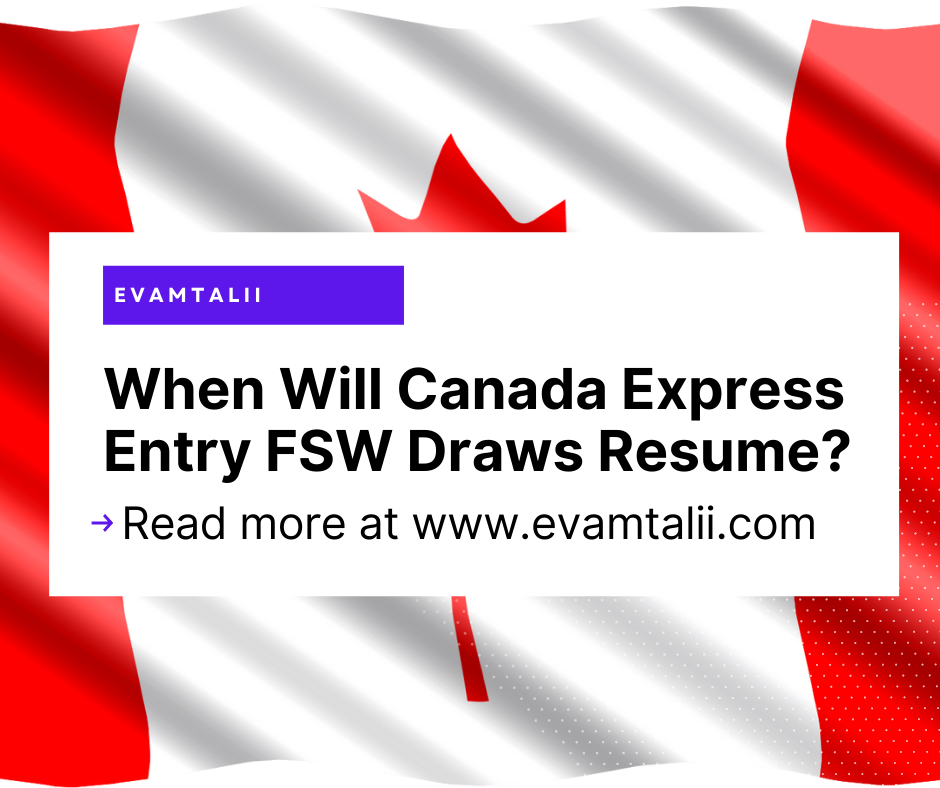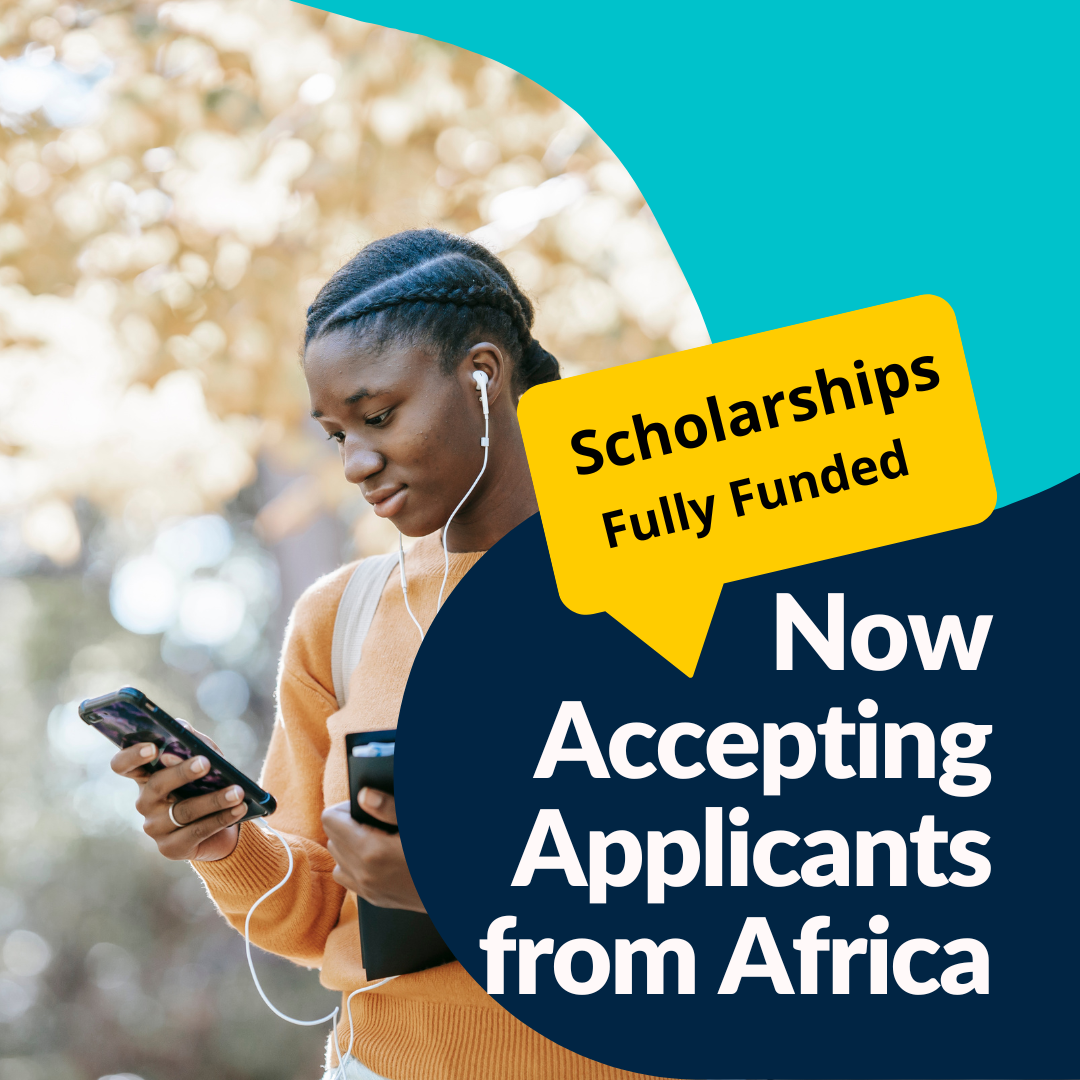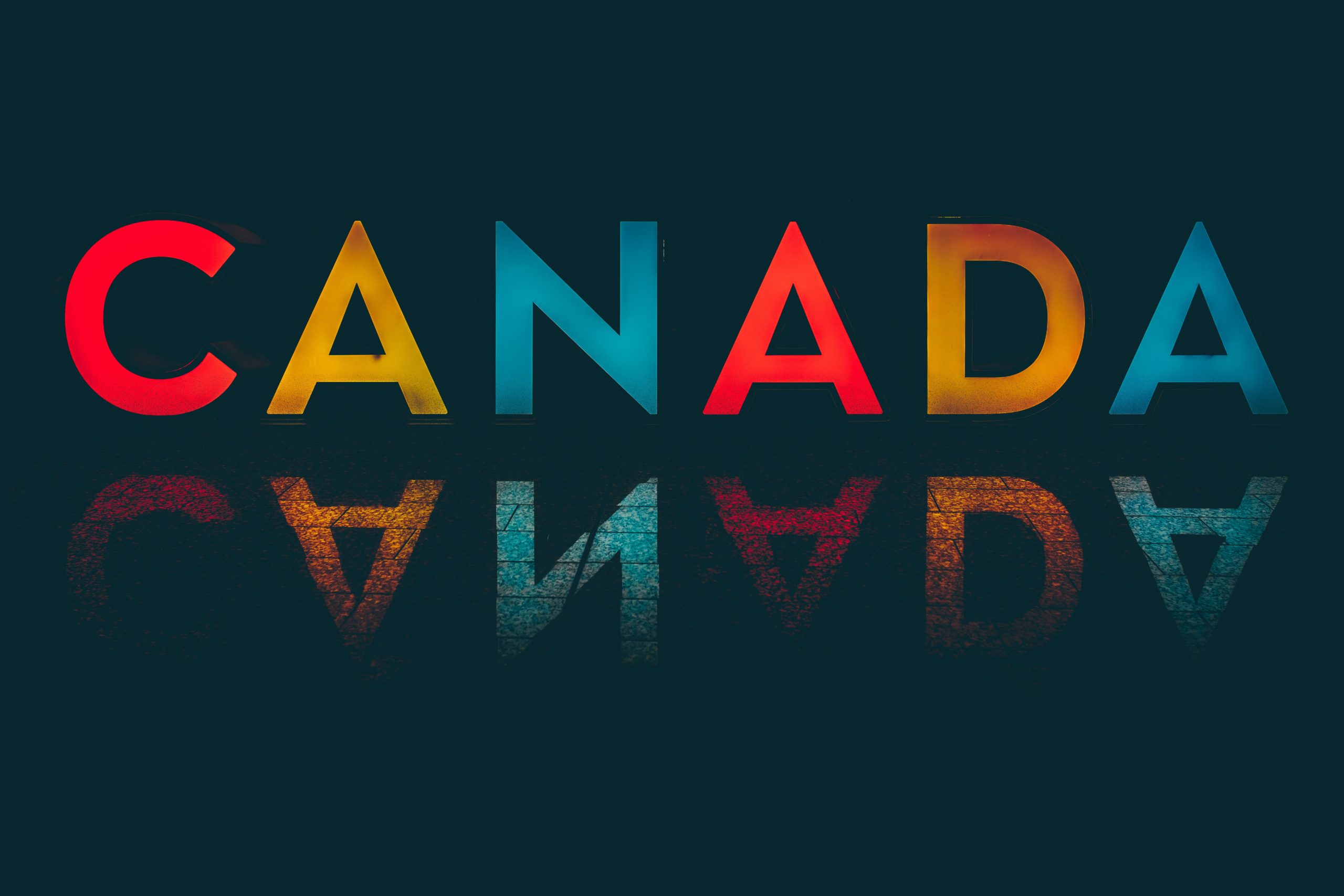Express Entry is the main immigration pathway Canada welcomes economic class skilled immigrants.
Candidates that meet the criteria of an Express Entry program can submit their profile onto IRCC’s website. Candidates receive a Comprehensive Ranking System (CRS) score based on human capital factors such as their age, education, language skills, and work experience.
Typically, IRCC invites the highest-scoring candidates to apply for permanent residence every two weeks.
Candidates that get an invitation to apply (ITA) have 60 days to submit their permanent residence application to IRCC.
Once IRCC approves their Canada PR application, a candidate receives a Confirmation of Permanent Residence (COPR) which enables them to officially land in Canada as a permanent residence.
Landing here means either a) a Canadian temporary resident who now holds a COPR holder converting their legal status to permanent residence; or b) a COPR holder arriving from outside Canada to become a permanent resident of Canada.
Due to effects of MS Rona, IRCC has made significant changes to its Express Entry policies. But the goal of landing 401,000 new permanent residents this year still remains.
At the start of 2021 therefore, it made the decision to focus on transitioning more temporary residents already in Canada to permanent residence to give it a better shot of achieving its 401,000 immigrant target.
Therefore, in 2021, IRCC it has only been inviting Canadian Experience Class (CEC) and Provincial Nominee Program (PNP) candidates under the Federal Express Entry.
This is quite a contrast from precedence when Federal Skilled Worker Program (FSWP) candidates accounted for some 45 per cent of successful Express Entry pool candidates pre-pandemic. This temporary shift in policy is attributed to two key factors.
- A good number (some 90 per cent) of CEC candidates currently reside within Canada and so are less likely to face COVID-related international issues that would hamper their ability to successfully finalize their permanent residence landings if invited to apply.
- IRCC continues to invite PNP candidates to help various provinces and territories across Canada to address their labour market needs.
Another impact of this shift in policy has been IRCC not inviting the highest-ranking candidates among the entire Express Entry pool and instead focusing on inviting the highest-ranking CEC and PNP candidates.
This has caused overall CRS cut-off scores to reduce as IRCC aimed to invite as many CEC candidates as possible to support its immigration target for 2021.
The most notable draw of the year was the February 13 one where IRCC invited 27,332 CEC candidates to apply for permanent residence, with CRS cut-off score of just 75. To put this into perspective, this cut-off score was nearly 400 points lower than the typical pre-pandemic ones.
Word has it that thus far in 2021, CEC accounts for some 85 per cent of all finalized Express Entry applications.
The Express Entry stream most negatively impacted by this policy is the FSWP class candidates.
Only 6,795 COPRs (5 per cent of all COPRs issued to Express Entry candidates this year) have been issued to them in 2021.

Source: Immigration, Refugees and Citizenship Canada (IRCC).
According to a redacted memo from Immigration, Refugees and Citizenship Canada (IRCC), IRCC stopped Federal Skilled Worker Program (FSWP) invitations in December 2020 to pursue a strategy of “aggressively” inviting Canadian Experience Class (CEC) candidates and candidates under the Temporary Resident to Permanent Resident (TR to PR) pathway to support its 2021 immigration targets.
According to the memo, “this strategy led to significant inventory growth, creating a backlog of applications, and processing times in excess of the service standards for all economic categories.”
As of October 2021, IRCC’s backlog was 1.8 million applications inclusive of permanent residence, temporary residence, and Canadian citizenship applications. Of these, nearly 140,000 were Express Entry permanent residence applications.
IRCC has indicated it would like to cut its Express Entry backlog by at least 50% before considering resuming invitations to CEC and FSWP candidates. So IRCC will most likely be in a better position to widen its Express Entry invitations in early 2022, when the Express Entry backlog is likely have halved what it was in late October.
IRCC held 27 CEC draws in 2022 but has paused them since September 14.
Meanwhile, no FSWP draw has been held since December 23, 2020. With some 165,000 FSWP candidates in the Express Entry pool as of October 25, 2021, they represent some 85 per cent of all current Express Entry candidates.
This strategy seems to be working as IRCC has landed nearly 314,000 permanent residents as at October 2021 and continues to land at least 45,000 each month.



